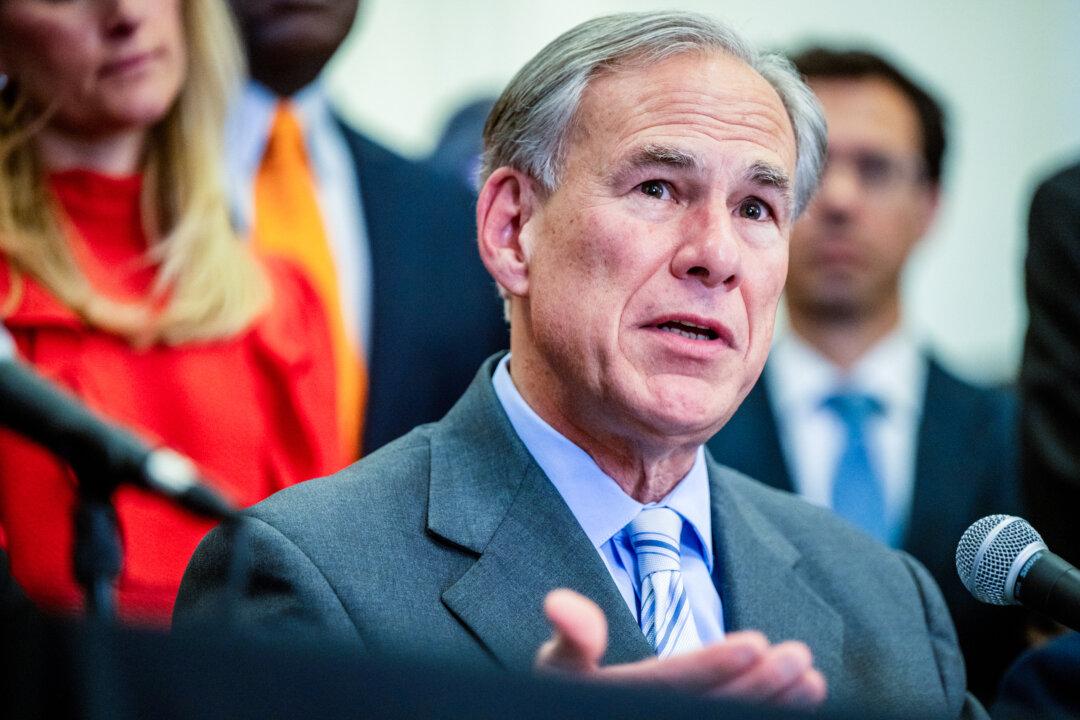Texas state lawmakers could be headed back to Austin this summer if they fail to pass school choice legislation for millions of students before the close of session on May 29, warned Gov. Greg Abbott.
“Parents and their children deserve the time and effort this will take,” Abbott said in a statement posted on Twitter May 14.





